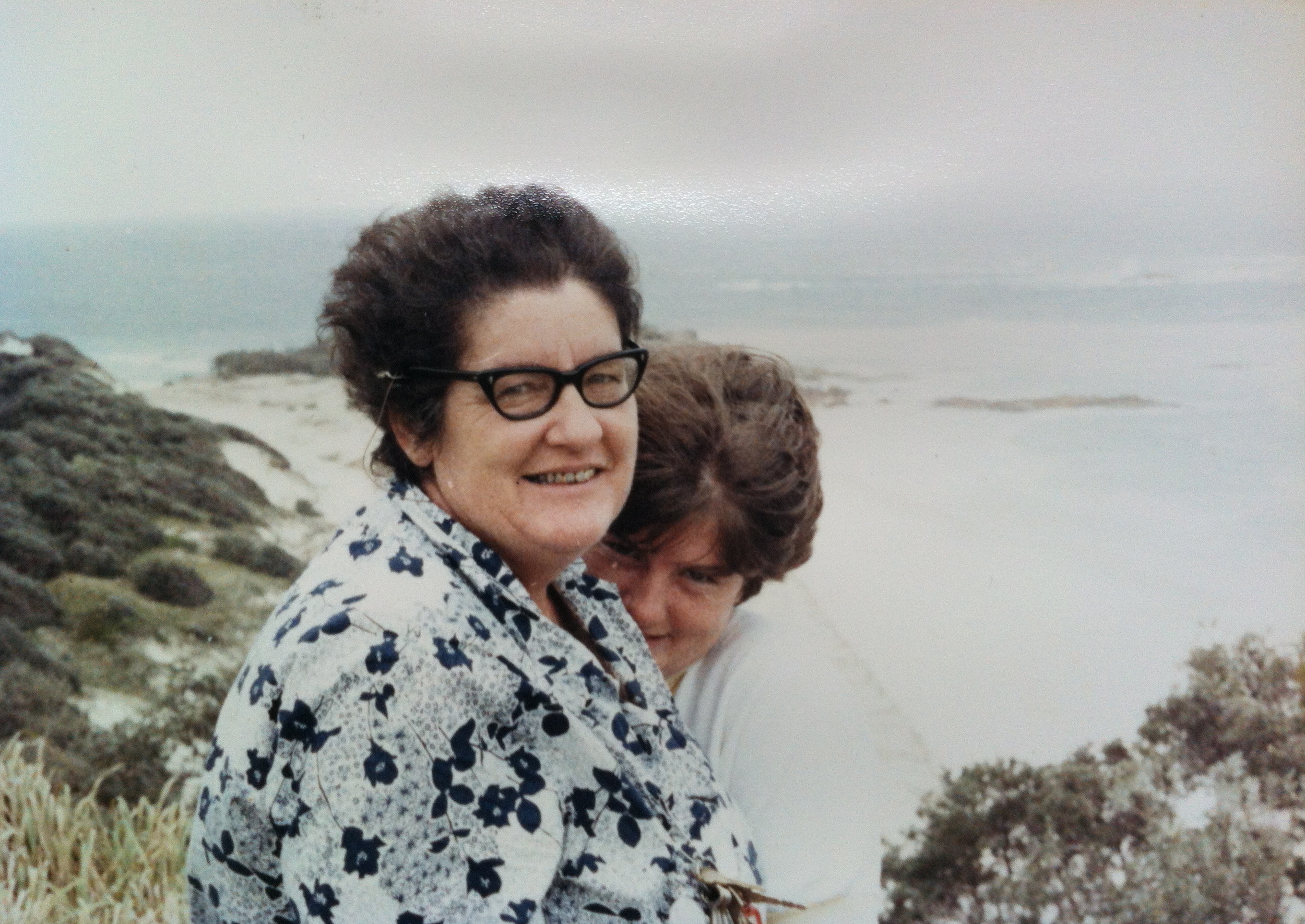Gurrumul and grief
/I’m in a plane listening to Gurrumul’s music and crying. I’ve crossed America in the last three days for work, starting in Los Angeles, flying over the red dirt of Arizona to the green of Kansas City, Missouri, and now I’m en route to New York City. I’m crying because I’m still grieving my mother’s death earlier this year – I didn’t do enough in her last days, I keep thinking. And I’m crying because Gurrumul’s music is so beautiful it often moves me to tears.
When I write books, music is central to the writing process, although the music itself doesn’t always relate directly to the book. For my last novel, I listened to Radiohead’s The Bends. The novel, In Falling Snow, is about a hospital staffed by women in World War I, a long way from ‘Fake Plastic Trees’. But five years ago, I was researching a non-fiction book about mothers and babies, and many women had told me the stories of their children’s births. Some were traumatic. A few were tragic. Almost all touched on the sacred. It made me reflect on motherhood and love, how much becoming a mother costs, how much it gives. The only music that came close to the experience was Gurrumul’s first album.
That first, self-titled album and now Rrakala are the work of former Yothu Yindi member Geoffrey Gurrumul Yunipingu in collaboration with classically trained bass player Michael Hohnen. Hohnen went to the Northern Territory from Melbourne in 1996, seeking something the classical and contemporary bands he’d played in couldn’t offer him. He and long-time Territory community worker Mark Grose started their Skinnyfish recording label as a way of helping Aboriginal communities develop. They’ve recorded many artists, but neither was prepared for what happened with Gurrumul. The album blitzed awards, shot to the world stage, and put Gurrumul himself on the cover of Rolling Stone and in front of international audiences that have included the Queen and Obama.
Gurrumul doesn’t give interviews, preferring to speak through his music, Hohnen has said. In the vacuum – he didn’t even speak to his biographer Robert Hillman more than once or twice – it’s easy to construct a version of the musician from what’s known. Born blind, he grew up on Elcho Island off the northern tip of the Northern Territory, one of Australia’s most isolated communities. Left-handed, he learned to play a right-handed guitar upside down. While we may think of his life as hard, Hohnen says Gurrumul himself feels surrounded by family and friends who have always looked after him. In his native language, he gives us songs about a living rather than resuscitated culture. He sings of clouds and turtles, grief and love. He sings of mothers. It is music filled with hope.
I have friends who’ve lost mothers recently or are in the process of that long goodbye that is much of modern death. My mother lived on the other side of Australia, and in her last years, she couldn’t open her mouth properly to eat. Each time I visited, this person who’d been so central in my young life was smaller and smaller. She spent most of her final months in her own home, which is what she’d wanted, but I felt awful that her last days were spent in a hospice, even a good one. They couldn’t let her have a hot water bottle for her aching legs and constantly cold feet, because it was a health and safety risk. My mother was fiercely independent. The hot water bottle was such a small thing but it has remained with me, symbolic of all she had to give up. After she died, I wished I’d done more to help her, spent more time with her. And now, more than anything, I wish I still had a mum.
When he tours, Hohnen said recently, Gurrumul calls home and leaves the phone on the table in the background, so that he can hear what’s happening at home, and his family can hear what’s happening with him. “I was born blind, and I don’t know why. God knows why, because he loved me so.” Gurrumul’s songs speak to me of a life filled with love. No wonder his music moves me so deeply.
Based on the column published in The Courier-Mail Qweekend on 26 October 2013. I write mainly about writing, education, birth, health and the thrill of parenting. You can Get in touch, tick the box to receive emails, Like Writer Mary-Rose MacColl on Facebook or follow MaryRoseMacColl on Twitter. Have a great day!


